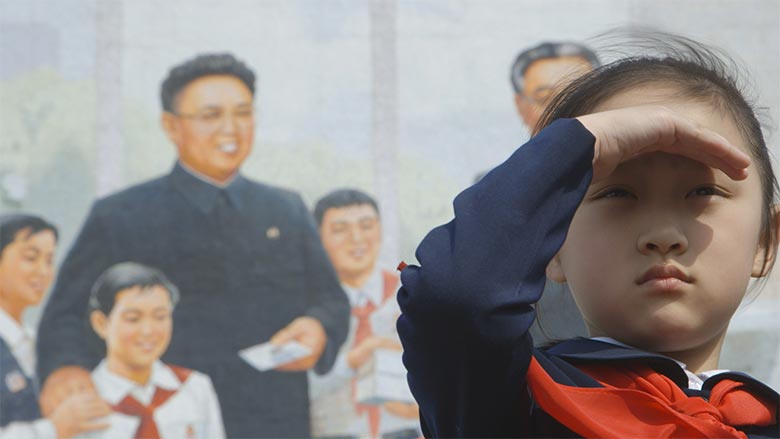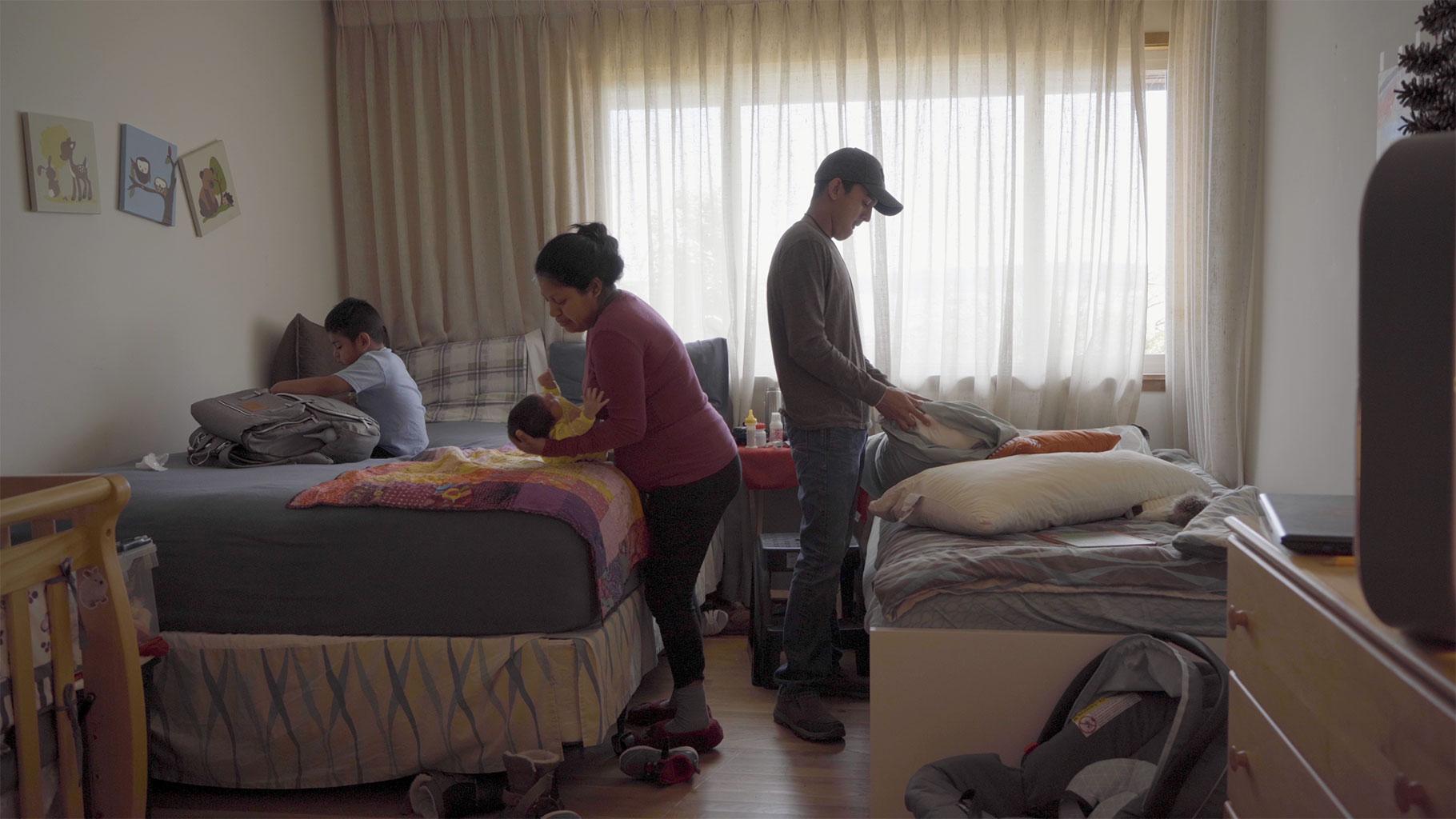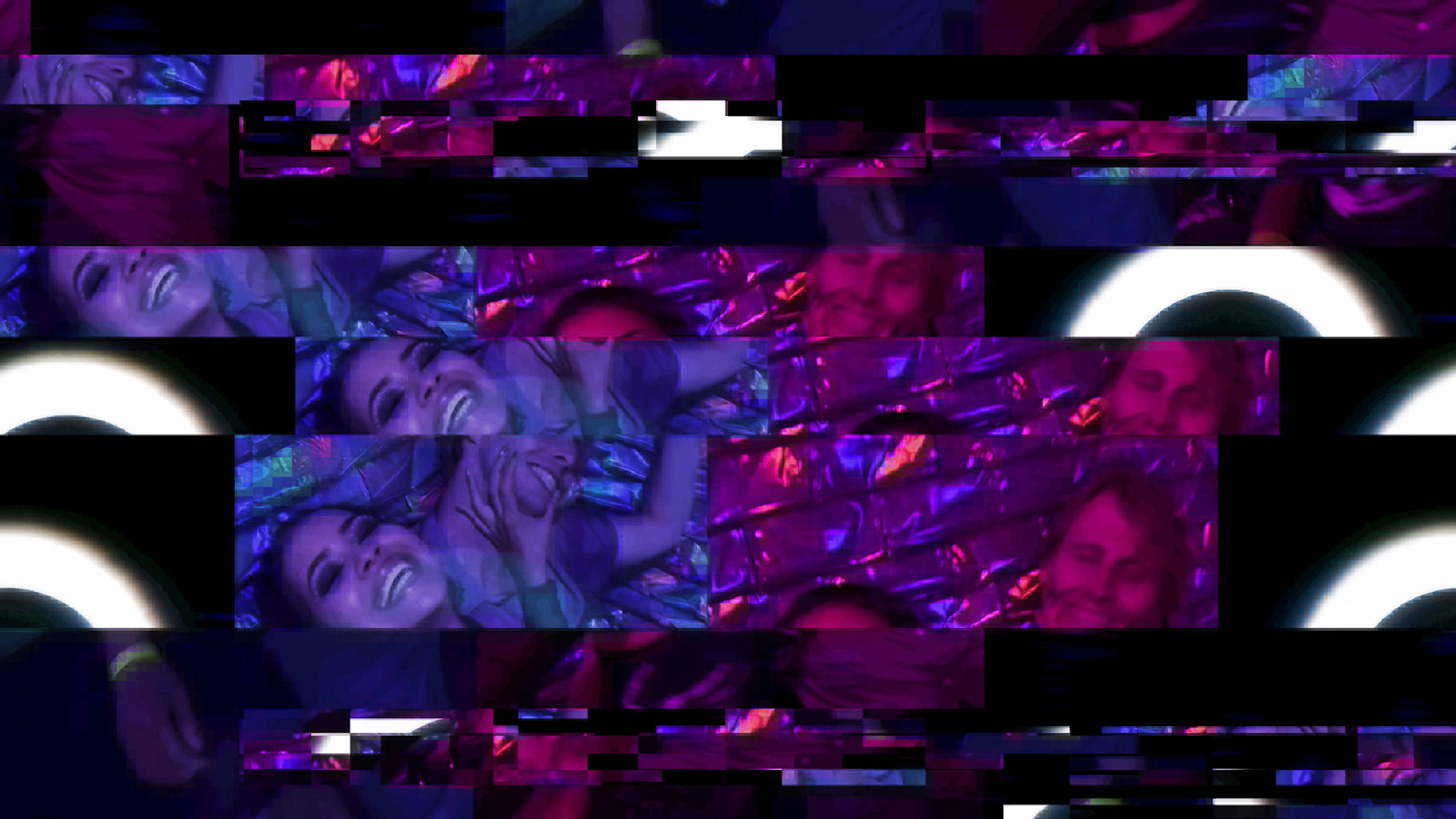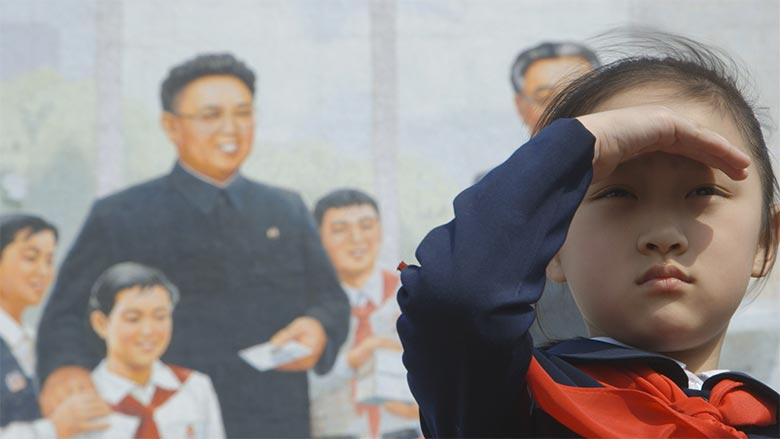
Oh, North Korea. The mechanics of filmmaking are lost upon you, are they not? You may have read about it — which is why you probably attempted to control the script of Under The Sun and escorted the filmmakers to a number of pre-determined filming locations — but what you probably failed to recognize is that Westerners have been at this game for a long time, and they, too, can be very, very sneaky.
Under The Sun follows youngster Lee ZinMi’s quest to join the Children’s Union, and tangentially shows the lives of her humble, hard-working parents. Dad works in an ideal textile factory, and mom in an ideal soymilk factory — at least on film. In reality, according to ZinMi, dad is actually a journalist, and mom is a cafeteria worker. One might think these professions proper enough, but North Korea opted to choose more utilitarian roles, which better serve the plight of the common man.
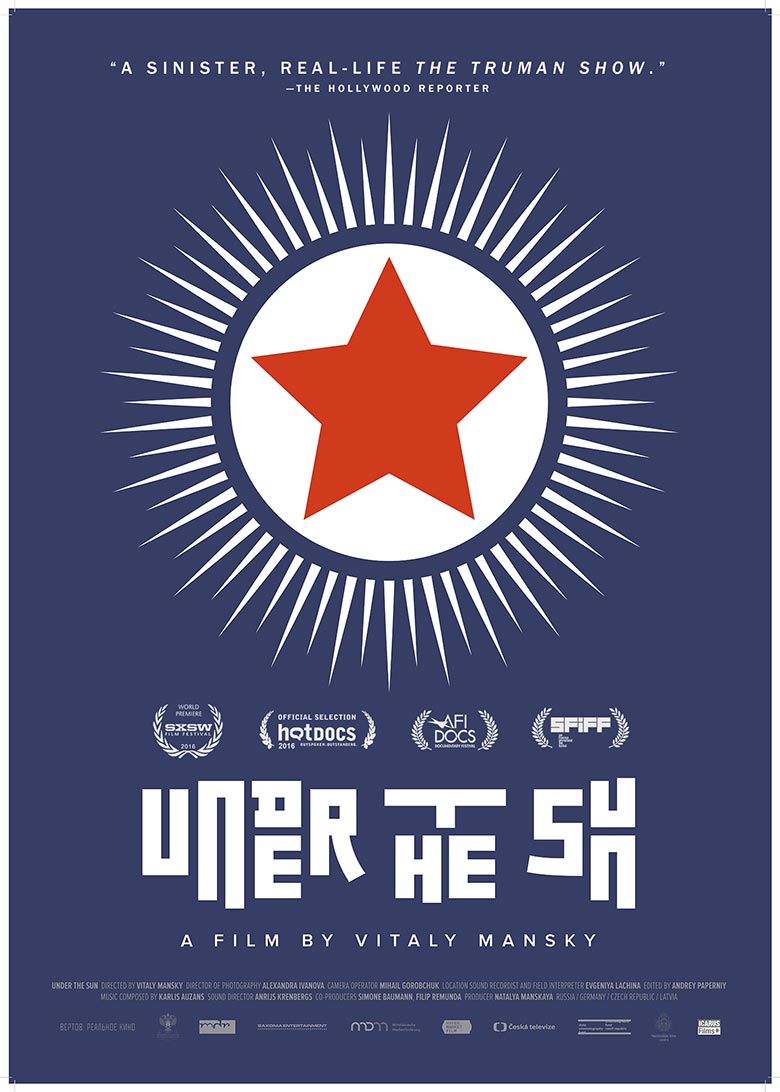
But what is perhaps more shocking than the falseness of the reality they are trying to portray — full of false congratulations to false parents holding false roles at false companies — is the degree to which it is found absolutely everywhere, infiltrating lives from day to night. Endless praise for Kim JongIl is certainly expected, but they go as far as having a flower named the Kimjongilia, which ZinMi and her mother were theatrically lauded for growing successfully. If a society were to be considered “out of touch” with modernity, North Korea would certainly be that.
Lecture after lecture, and song after song, all in the name of the Great Leader, the one-track-mindedness of North Korean society becomes redundant very quickly. It seems their society operates in an almost psychedelic state of being brainwashed — and the propaganda is so pervasive that it becomes boring to watch, even when dressed, quite literally, in bright colors. One can only imagine how boring it must be to actually live a life of marching and singing nothing but praise songs for the Great Leader, swinging one’s fists and saying, “We will follow you,” to a leader who is so removed he may as well be invisible. Life in North Korea is manufactured like China’s theatrical antics prior to the Beijing Olympics, but far less fun.
In Under The Sun, the emotional output of North Korean society is two-fold and polarized. Just as readily as praise is given to the Great Leader, hatred for other cultures is actively spewed. Grade school children, for example, are given forty-minute lectures by high-ranking military officials about the nature of Americans, who are evil cowards that burn up children, and make no mistake that schoolchildren there get as bored schoolchildren everywhere, with plenty of them dozing off. Nor can one even begin to guess how many takes were done for these speeches, because after his talk, the military official pauses at the front of the room before looking offstage to the director and asking, “What should I say now?”
Again and again, this type of theatre is revealed for the audience to see. Sure, Ukranian director Vitaly Mansky may have been required to work with a pre-approved script, and all of the actors may have been required to rehearse their lines tirelessly — but when cameras are constantly rolling, no degree of rehearsal can eradicate the actual truth. Rehearsals are only useful when unseen by the audience, which is certainly not the case for Under The Sun, which follows a narrative but actually functions more like a documentary. And where images alone are not enough, subtle bits of written context more than tell the complete story.
The details which the North Korean government cared enough to incorporate are haunting enough, and include seemingly simple manufactured scenarios of children going in and out of schools, which the filmmakers never saw outside of filming. They came to believe that the children lived within the schools and the parents within the factories. With Under The Sun, what the North Korean government failed to account for are the things that can’t be taught. After Lee ZinMi witnesses a number of older ballet dancers and attempts to take on the artform as her own, her lack of inherent dancing ability becomes evident. She tries hard, but is soon exhausted to the point of sniffling and crying, and is very gently reprimanded for her inability to move onto more complex moves if she can’t even master simple ones. In fact, ZinMi seems to hit her breaking point a number of times, particularly at the end, when she is to offer up a monologue to the Great Leader.
In the country’s attempt to put their best face forward through tight control and restriction, what North Korea actually proves in Under The Sun is that everything is indeed a shabby facade — and one that is even more incredible than anyone could have imagined it to be.
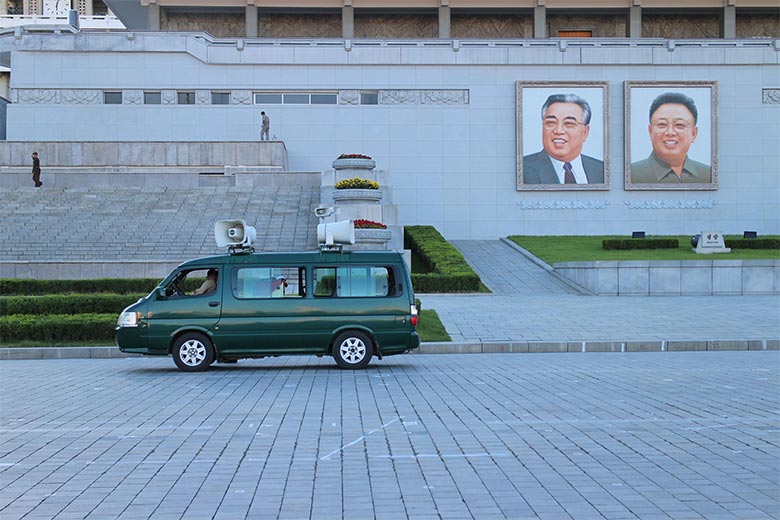
Ω

